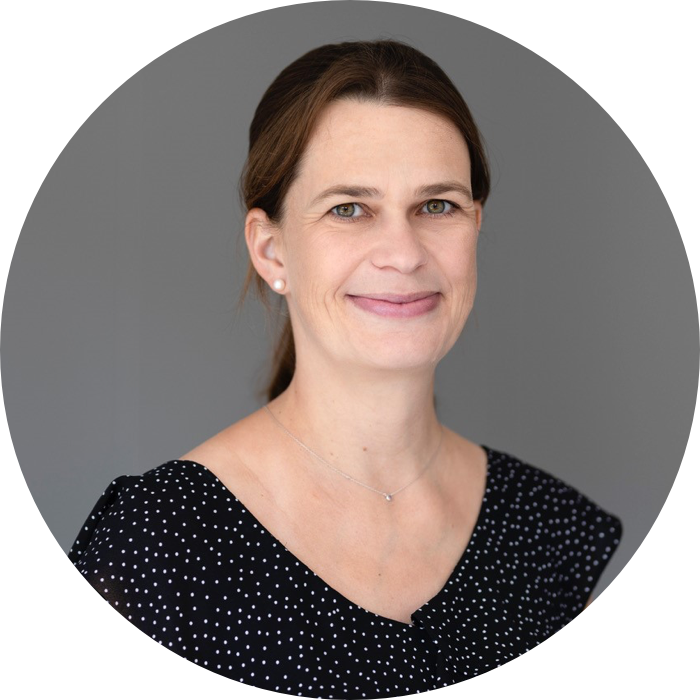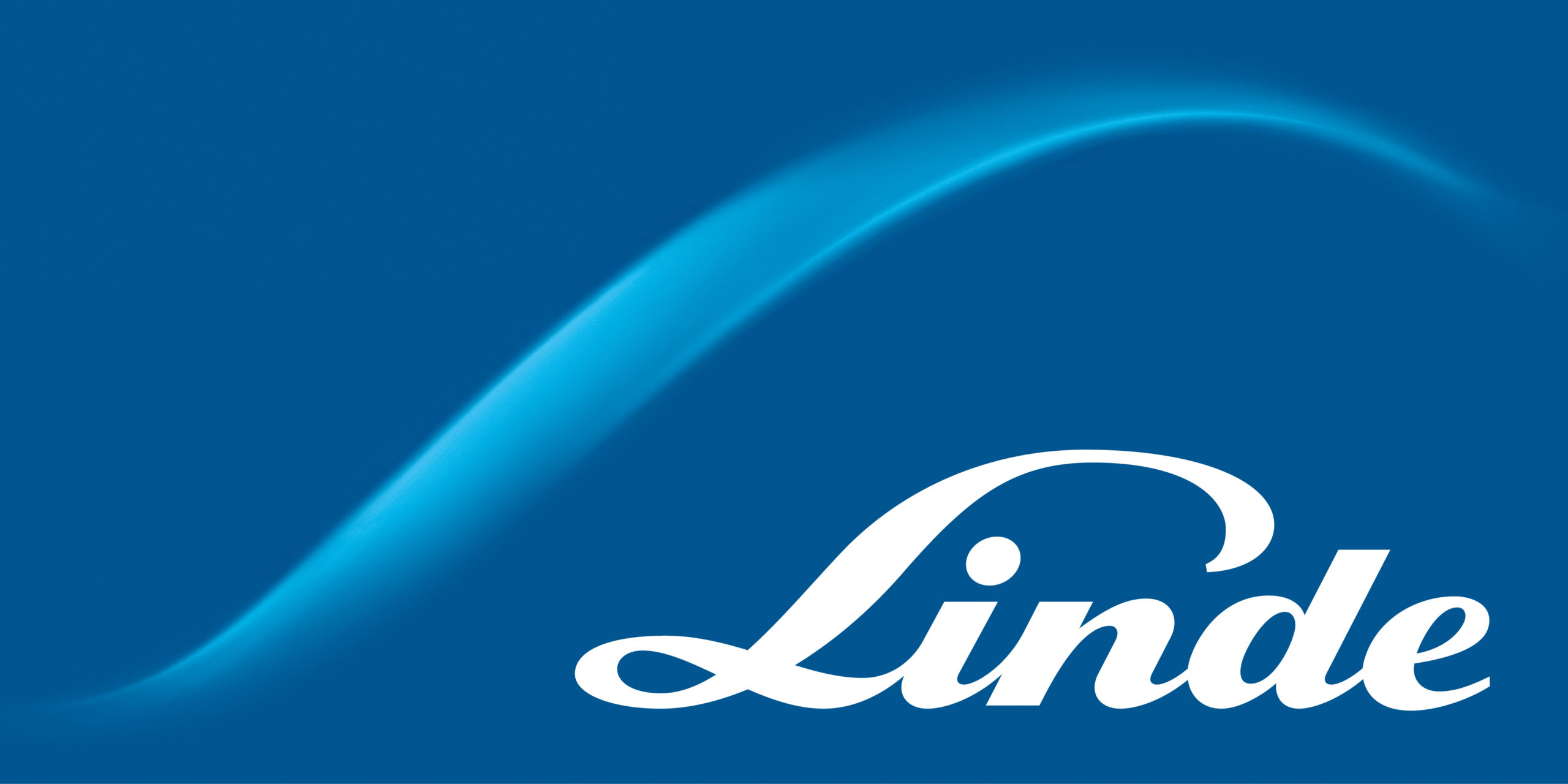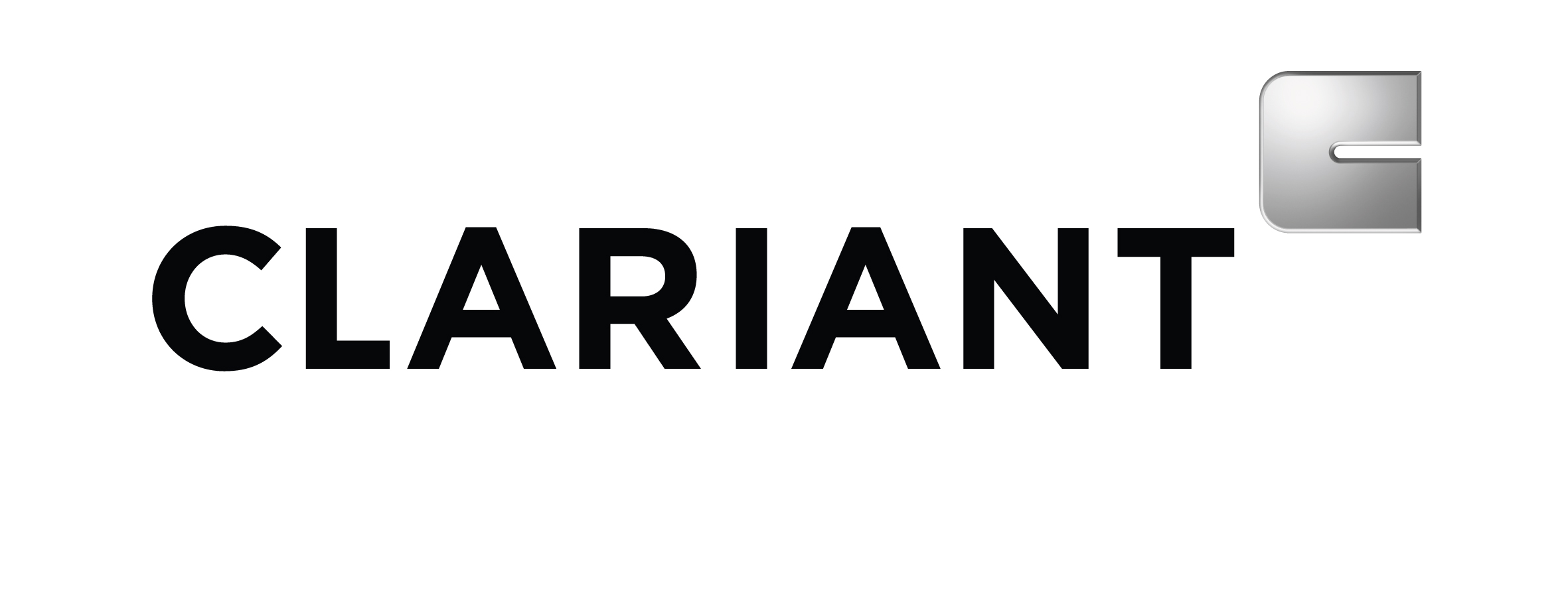Who are we?
NFDI4Cat consists of 16 experienced partners from the fields of homogeneous, heterogeneous, photocatalysis, biocatalysis and electrocatalysis and is coordinated by DECHEMA e.V.
Co-applicants
DECHEMA Society for Chemical Engineering and Biotechnology
DECHEMA e.V. is the German Society for Chemical Engineering and Biotechnology. As a non-profit professional society, it represents these fields in science, industry, politics and society. DECHEMA e.V. is the coordinating institution and point of contact for NFDI4Cat as well as a supporting organisation of the German Catalysis Society (GeCatS).

Contact person:
Andreas Förster

Leibniz Institute for Catalysis (LIKAT)
LIKAT’s research activities focus on the implementation and use of applied sustainable catalysis processes, development of innovative methods and technologies for catalytic processes as well as studies on special (metal-)organic syntheses and catalyses. Various catalysis expertise as well as reaction engineering and data science are covered at LIKAT.
Contact person:
Matthias Beller

University of Stuttgart
The High Performance Computing Centre (HLRS) of the University of Stuttgart is a specialist in the field of research data management and contributes its many years of experience in the development of metadata/ontologies and the implementation of repositories as well as the management of data to the NFDI4Cat consortium. Other research projects at the University of Stuttgart, such as SFB 1333 and EXC2075, support the establishment of an integrated research data infrastructure for the fields of materials science, catalysis, analytics and modelling and develop tools for the data-integrated simulation of chemo-enzymatic processes.
Contact person:
Michael Resch

Universität Greifswald
The Bornscheuer research group at the Institute of Biochemistry at the University of Greifswald has outstanding expertise in the identification and optimisation of enzymes for biocatalytic applications in organic synthesis and for chiral pharmaceutical intermediates. One focus is protein engineering and high-throughput screening with an automated robotic platform.
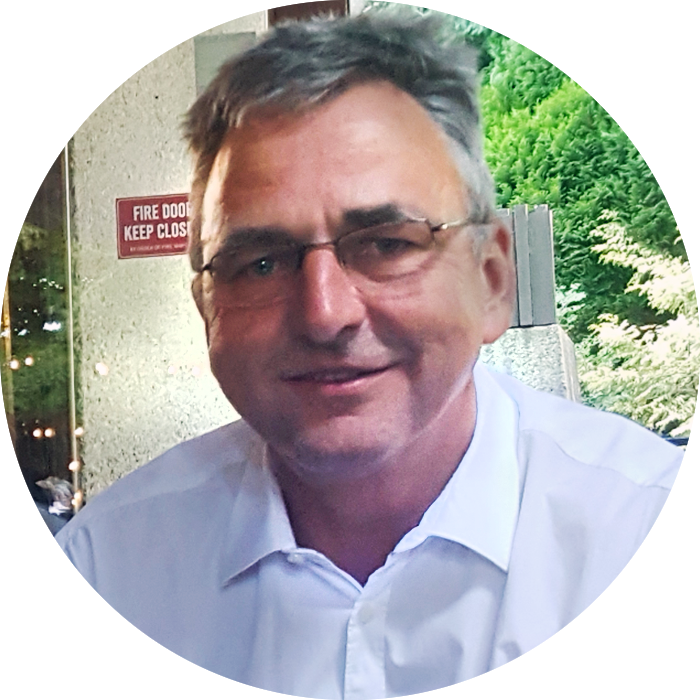
Contact person:
Uwe Bornscheuer

TU Dortmund University
At TU Dortmund University, Prof. Dr.-Ing. Norbert Kockmann’s Equipment Design group is working on the development of new types of reactors, especially microreactors, with the corresponding separation steps such as distillation, liquid-liquid extraction or crystallisation. The development and further development of ontologies in catalysis and process technology is complemented by the development of interfaces to other ontologies such as NFDI4Ing and NFDI4Chem.

Contact person:
Norbert Kockmann
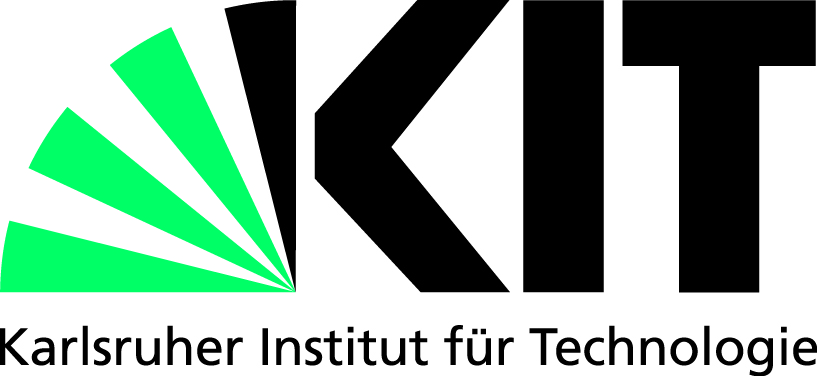
Karlsruhe Institute of Technology
The current focus is on energy-related catalysis for the development of green, climate-friendly and emission-free products and processes. In addition, KIT has been involved in the development of several software tools that have advanced digitalisation through numerical simulation of molecular systems (TURBOMOLE), catalytic reactors(DETCHEM), and data management (CaRMen).
Contact person:
Olaf Deutschmann

Institute of Heterogeneous Catalysis and Technical Chemistry – RWTH Aachen
The Institute of Heterogeneous Catalysis and Chemical Technology at the RWTH Aachen University is working on the derivation of structure-activity relationships in heterogeneous catalysis and electrocatalysis, especially in sustainability and environmental chemistry, but also with data science approaches.
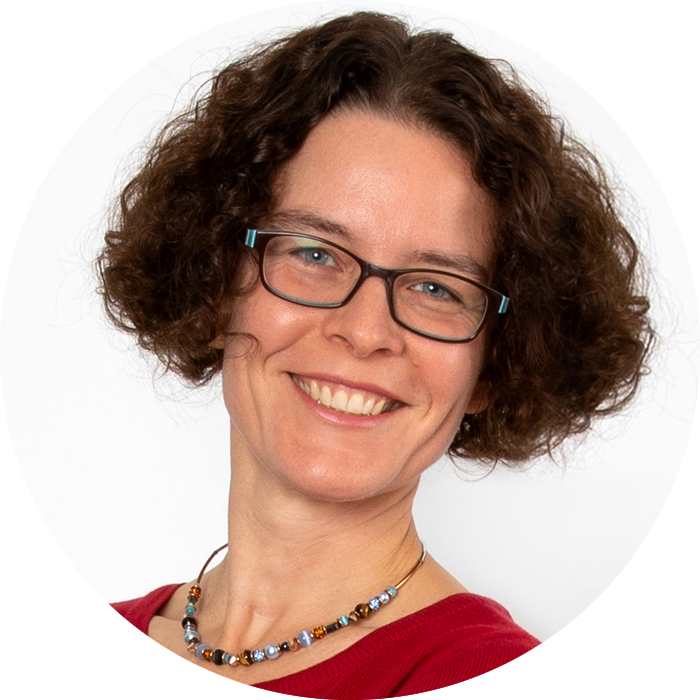
Contact person:
Regina Palkovits

Institute of Chemical Process Engineering AVT.CVT – RWTH Aachen
The Chair of Chemical Engineering is concerned with the development and application of membrane technology and new electrochemical technologies for the synthesis of platform and fine chemicals using electric current, with the aim of meeting global challenges in the field of water, energy and health applications.
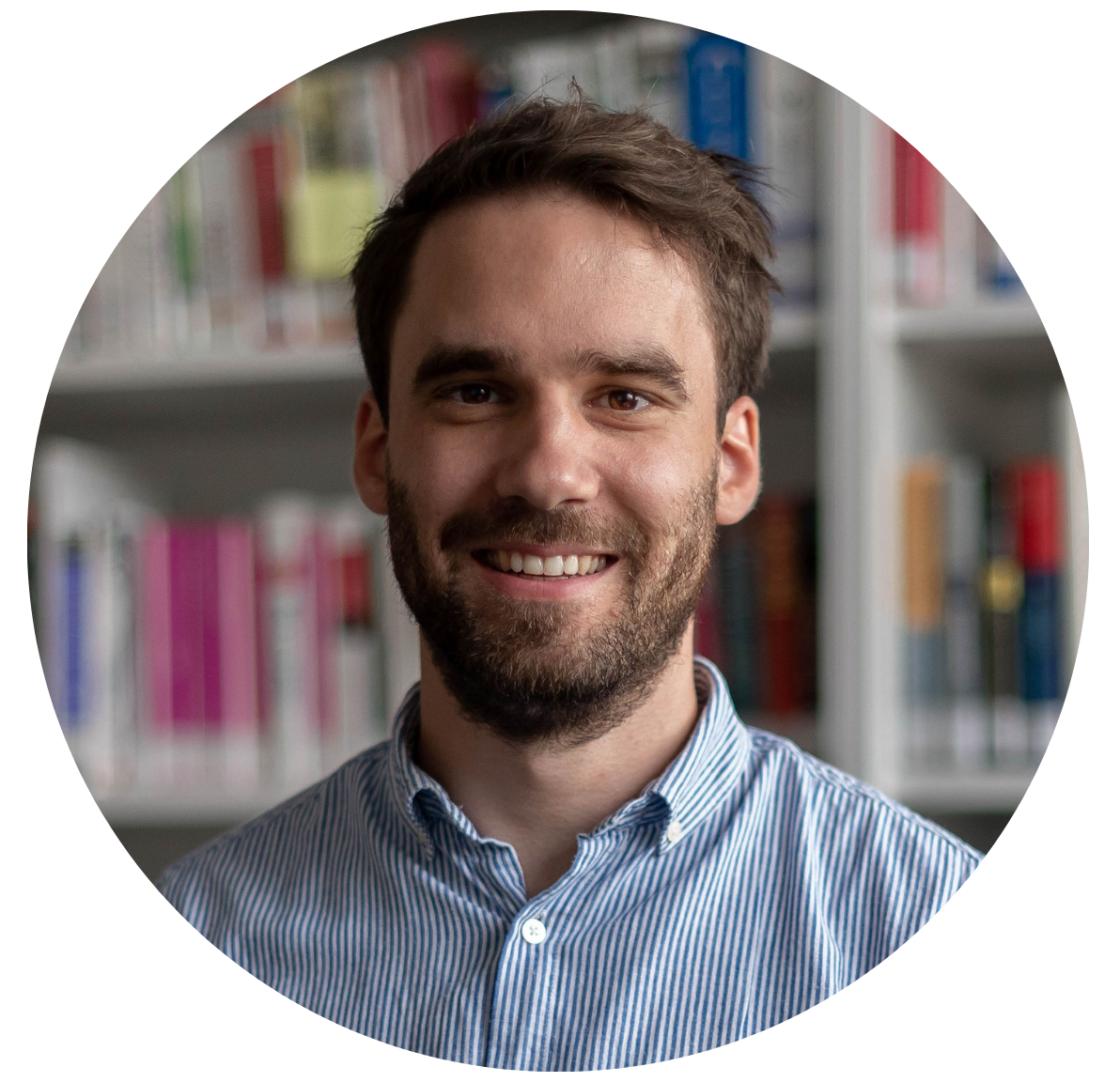
Contact person:
Robert Keller
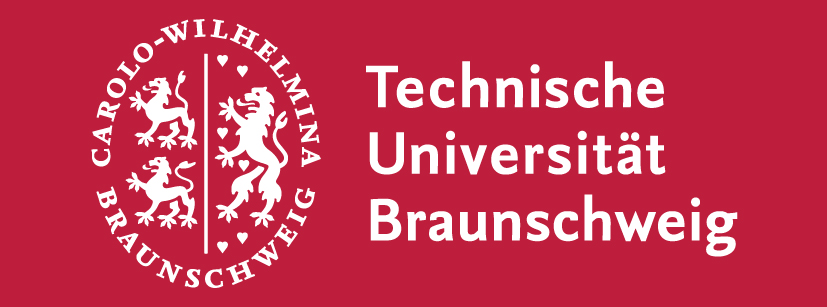
Braunschweig University of Technology
Prof. Dr. Mehtap Özaslan’s working group “Technical Electrocatalysis” deals with the development and assessment of new materials for regenerative energy conversion and energy storage systems. Within the framework of NFDI4Cat, ontologies and metadata standards for electrocatalysis are developed and coordinated with related consortia such as NFDI4Chem and NFDI4Ing.
Contact person:
Mehtap Özaslan
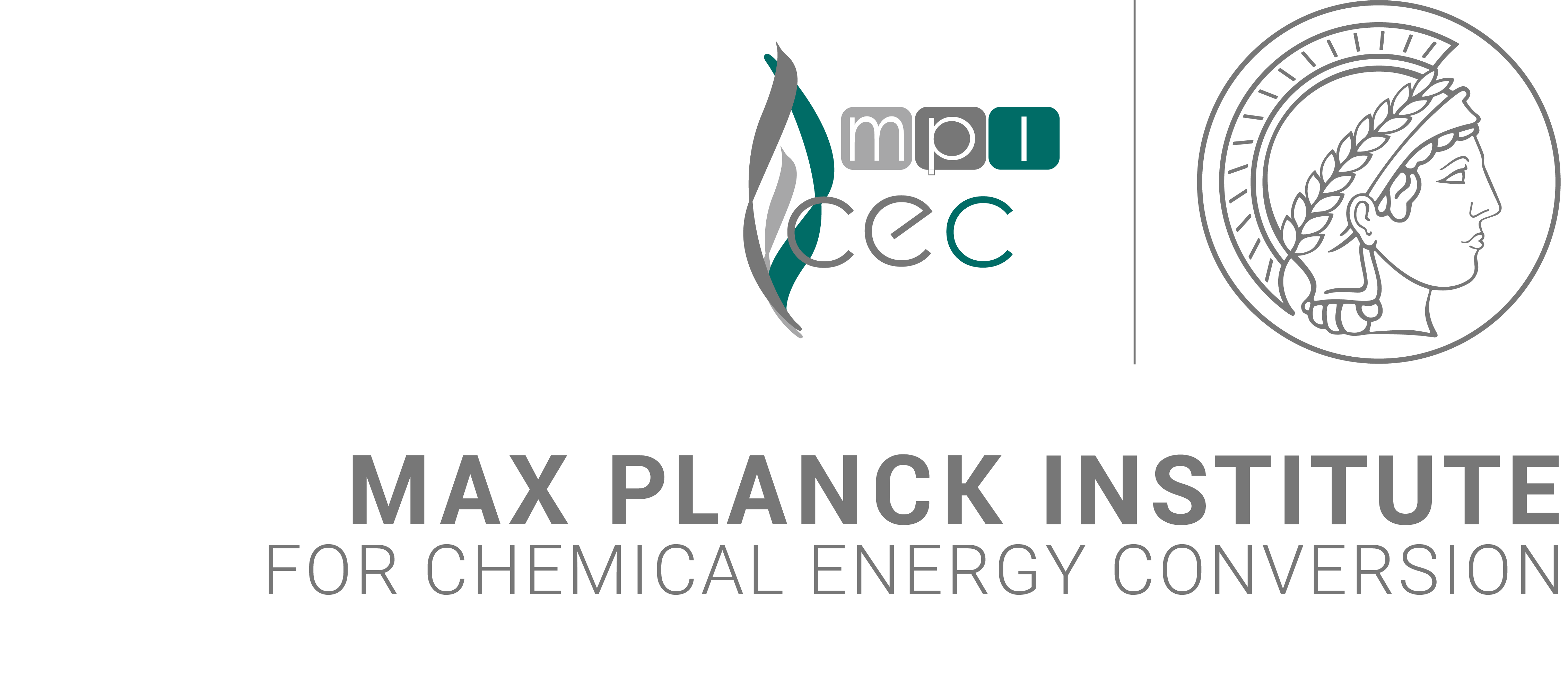
Max Planck Institute for Chemical Energy Conversion
The MPI CEC researches the fundamentals for the design, understanding and control of catalytic systems at the interface of energy and chemistry. A central focus is on the catalytic activation of small molecules such as H2 or CO2, among others, towards the storage and use of renewable energy in chemical energy carriers and products.
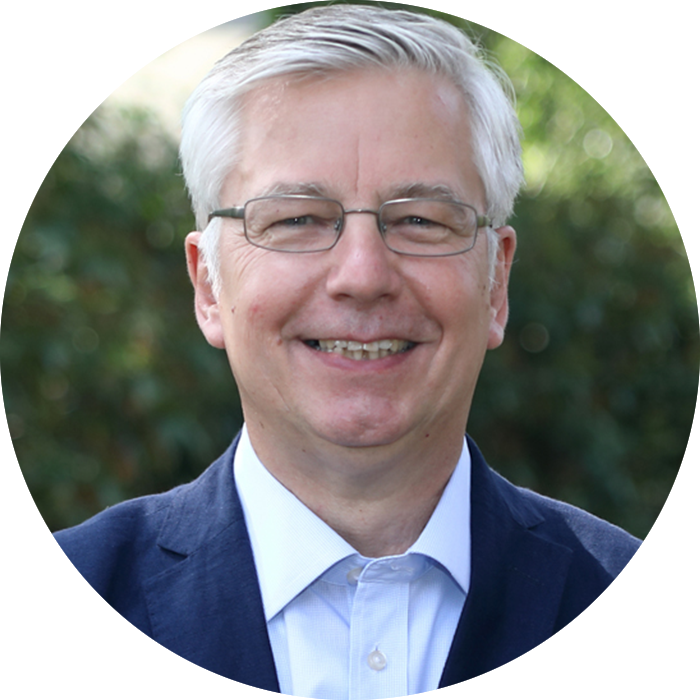
Contact person:
Walter Leitner

Technical University of Munich (TUM)
TUM addresses fundamental questions on catalysts and catalysed reactions in order to reduce the carbon footprint through radically new approaches in the synthesis of energy sources and chemical intermediates. The research focuses on enabling catalysed reactions at significantly lower reaction temperatures and with higher selectivity than is currently possible.
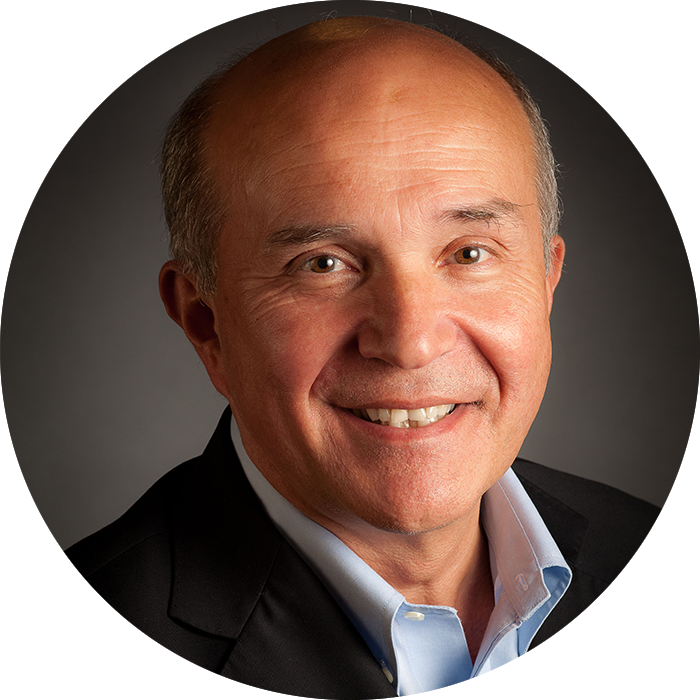
Contact person:
Johannes Lercher
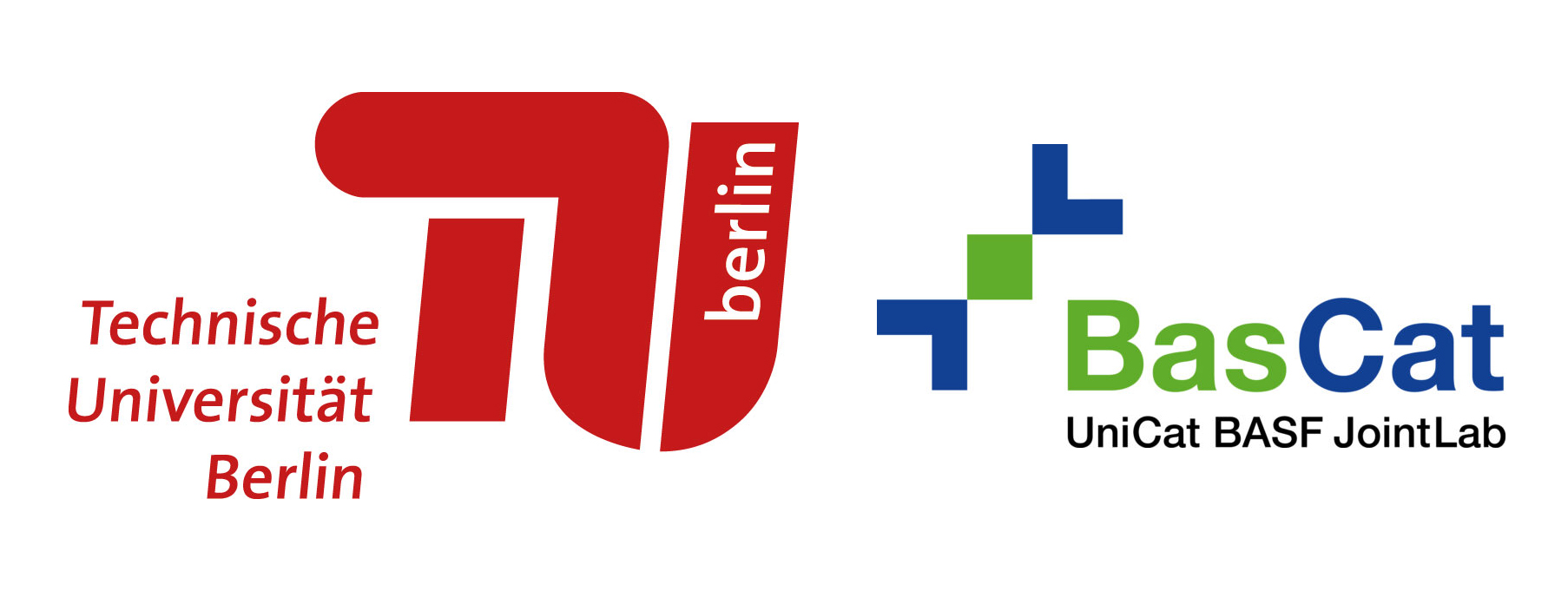
Technischen Universität Berlin (TUB)
The TUB develops methods and materials in the field of heterogeneous catalysis. One of the tasks within the NFDI4Cat consortium is the implementation of a typical workflow of catalysis research in digital form up to the creation of a local pilot system.
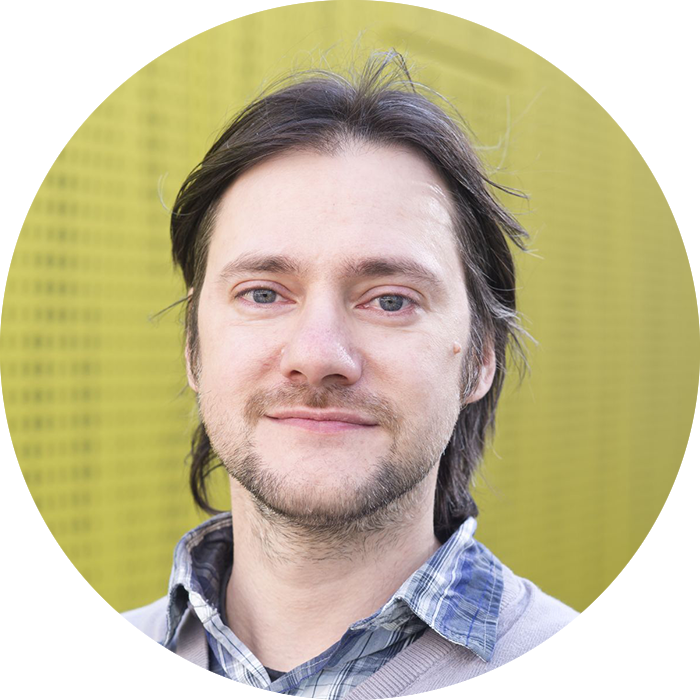
Contact person:
Michael Geske

University of Rostock
In addition to the extraordinary expertise in process development for chemo- and biocatalysis including downstream processing for complex molecules, the University of Rostock is actively pursuing the implementation of a research data infrastructure. Modules are being developed to introduce the principles and tools into student teaching and training of young scientists at an early stage.
Contact person:
Udo Kragl
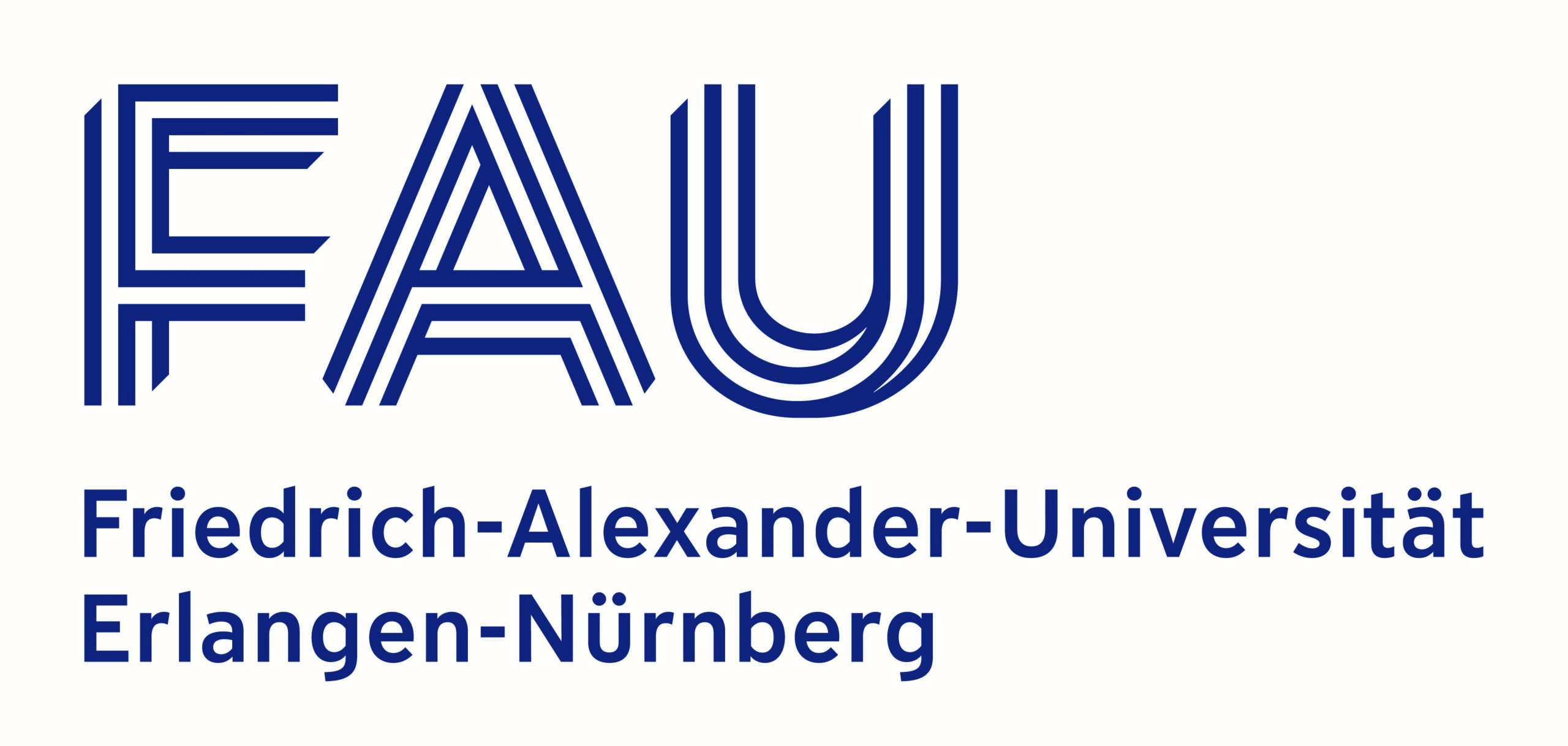
Friedrich–Alexander University Erlangen–Nürnberg
The Institute of Chemical Reaction Engineering at FAU Erlangen-Nuremberg has many years of expertise in the development of catalytic materials. The focus of the research work is in the field of homogeneous and heterogeneous catalysis as well as their hybrid combinations, their use in special reactors in both batch and continuous operation, and the kinetic evaluation of the data obtained.
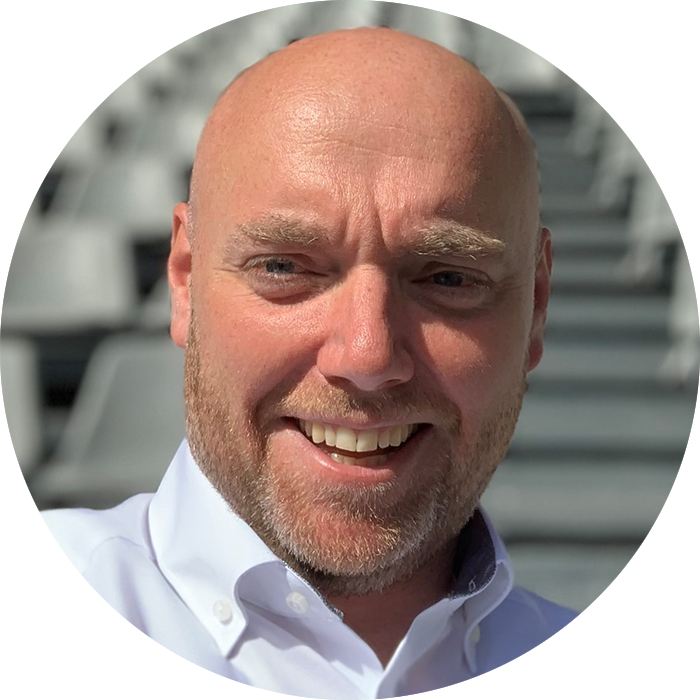
Contact person:
Marco Haumann
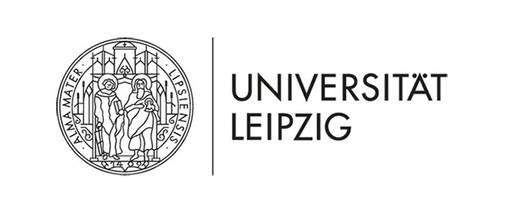
Leipzig University
The University of Leipzig has long-standing expertise in catalysis-related sciences, which is now reflected in the strategic research profiles “Sustainable Systems and Biodiversity” and “Complex Matter” and is taken into account in the structures of research data management from the Digital Humanities to the Natural Sciences. With its Research Academy Leipzig, the UL will develop a modularised programme for graduate training in research data management in catalysis (Research Data Management School of Catalysis).
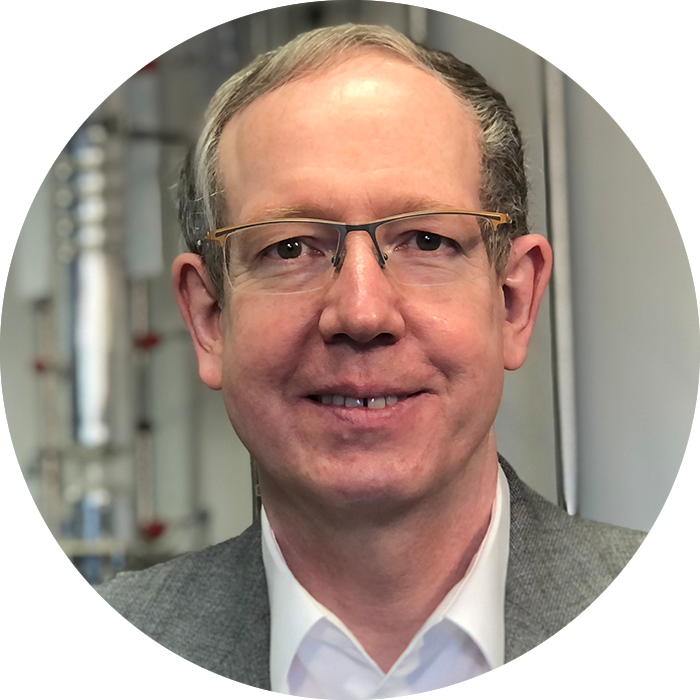
Contact person:
Roger Gläser

Max-Planck-Institut for Dynamics of Complex Technical Systems
The MPI DCTS deals theoretically and experimentally with new process engineering approaches for chemical and energy system technology. In particular, methods of heterogeneous catalysis in CO2 methanation and other Power2X applications are currently being investigated both experimentally and in silico.

Contact person:
Peter Benner

